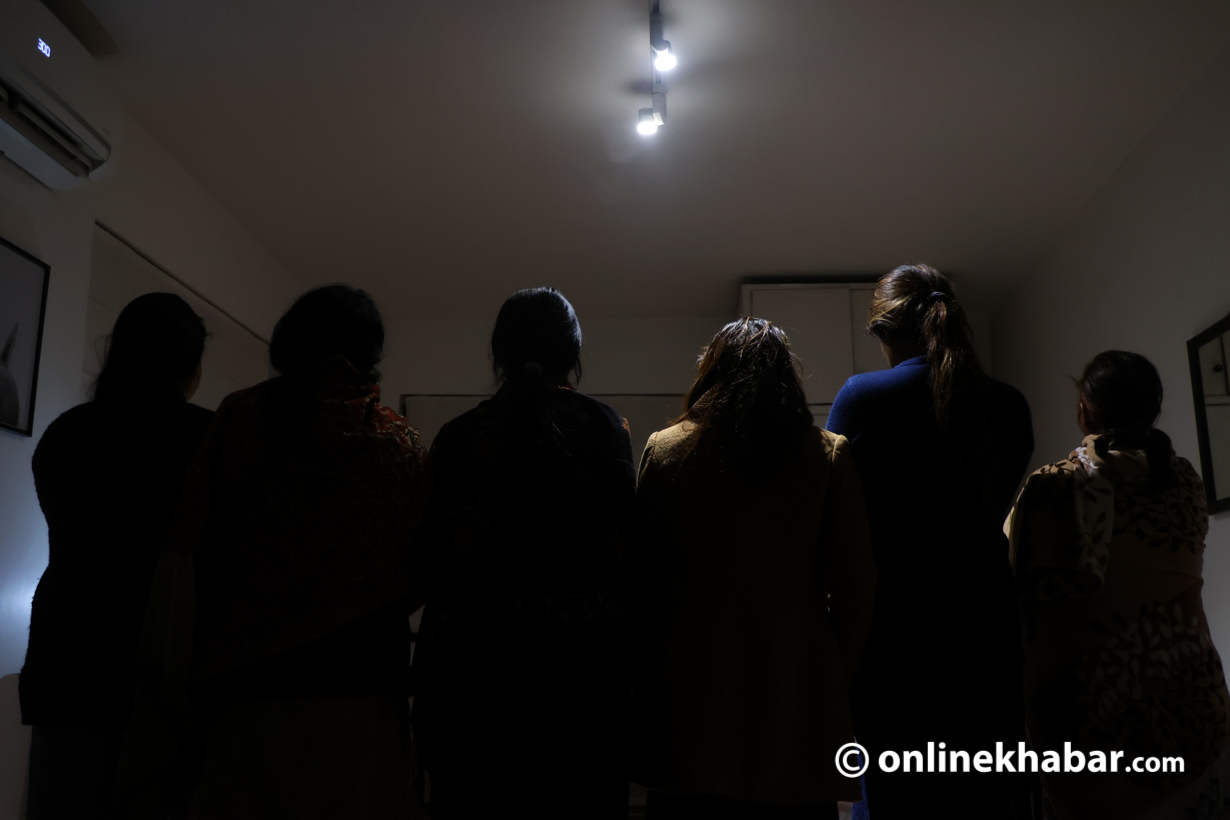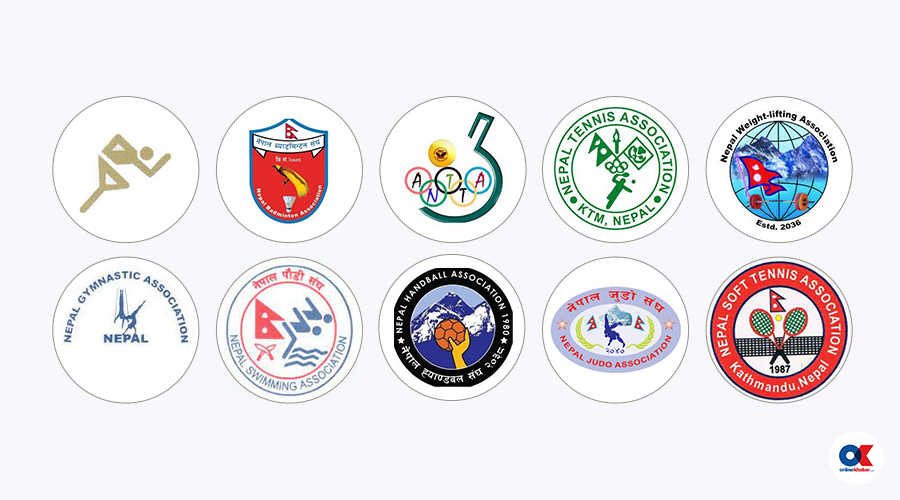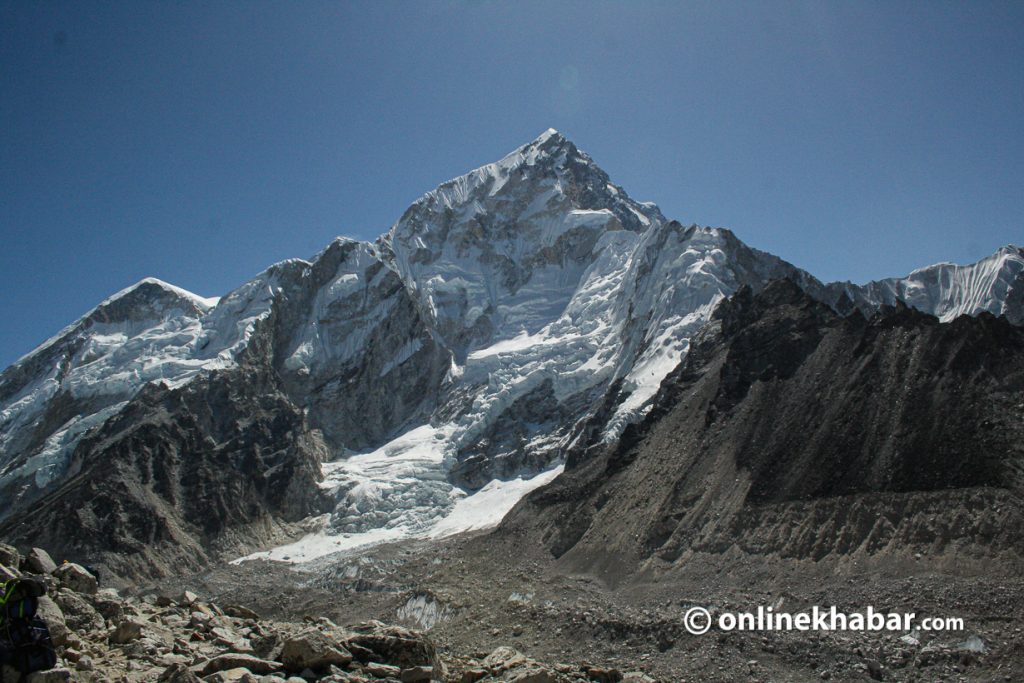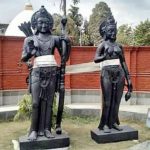
Kathmandu, December 7
As voters queued up to cast their ballot in the second round of provincial and parliamentary elections in Nepal, Rabindra Mishra, the journalist-turned-politician and the coordinator of Bibeksheel Sajha Party was visibly excited.
Mishra, remembering his days on the campaign trail, said, “We say many voters cry when we met them. This is a reflection of their pent-up anger against what happened in the past and also the enthusiasm we have brought to them.”
Mishra seems to be right. His party has attracted a lot of voters, especially in the urban areas of the country. While it would be too early to say that there is a wave of support for Bibeksheel Sajha, the level of support the party has received is reminiscent of what Kamal Thapa and his Rastriya Prajatantra Party achieved during the 2013 elections when the pro-monarchy party cashed in on anti-establishment sentiment to pack a punch way above its weight. The party had become the ‘fourth force’ in Parliament.
But the comparison ends there. RPP has lost its anti-establishment vote and the ‘fourth force’ status thanks to the way its leaders indulged in the ‘dirty’ game of politics by giving up their agenda to get to power. Bibeksheel Sajha, on the other hand, has a different anti-establishment slogan. It’s neither monarchy nor Hinduism, it’s politics of transparency.
According to analysts, the vote Bibeksheel Sajha received can be broken down into three categories. First, people who are fed up with the way the Nepali Congress, the UML and the Maoists conduct their politics. The people of this category did not even care whether the candidate they voted for would.
The second group of voters who voted for Bibeksheel were the ‘aware’ lot that was in search of an alternative to major political parties that have been around for a long time. Most of the members of the group are urbanites and they voted for Bibeksheel and its agenda.
The third group of Bibeksheel voters were mostly youngsters. They were attracted to the party because rather than getting involved in petty diatribes, the leaders talked about economic progress and prosperity.
How many votes will Bibkesheel get?
This is one of the questions everyone in Kathmandu and other major cities is asking. The partly, jointly led by Ujwal Thapa and Mishra, had said all it wanted from this election was to win at least one seat under the FPTP system and secure at least three per cent of the votes in the PR system so that they get the ‘national party’ status.
The party has fielded candidates in 58 constituencies, including ten in the Kathmandu Valley. While Mishra is the party’s candidate for Kathmandu-1, Thapa is contesting for the Kathmandu-5 seat. Spokesperson Surya Raj Acharya is in contention for Kathmandu-2.
“We put on a good show in Kathmandu-1, 5 and 2. Similarly, we have positive reports for Kathmandu-7. Kathmandu-9 is also encouraging,” says Acharya. He claims that the party’s candidate in Kailali-5 is also in the race. For other candidates, the loss will be a respectable one, he adds.
But under the PR system, the party expects to secure at least 6-7 per cent of the total votes cast. “Looking at the excitement among voters, it would not be impossible to cross the 10 per cent mark. But we are looking at 6-7 per cent,” says Acharya.
If the party’s assessment is close to reality, it is likely to win around 6-7 seats under the PR category, and take up the ‘fourth force’ title. But there is still a chance that the party fails to win even a single seat as the contests are too close to call.























